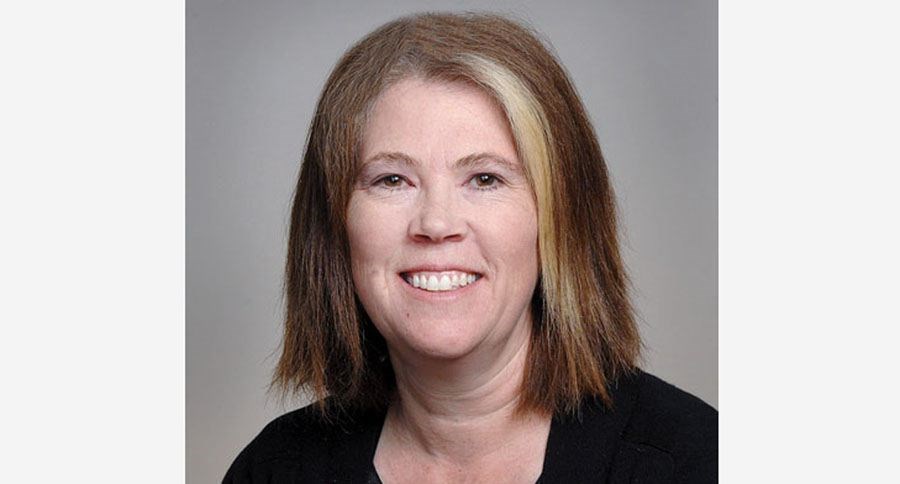Over the life of the column I have, perhaps too often, mentioned the television show The West Wing. I must admit that I have watched the series from beginning to end a number of times and my daughter and I often complete each other's quotations from the show. I like the quick pace of Aaron Sorkin's dialogue and I like the way that American government and politics are explained amidst a story line of life in the White House.
So when Aaron Sorkin series The Newsroom found its way into my life I was both excited and distressed. Excited because I wanted to see how he examined the world of journalism in the 21st century and distressed because the show was on a channel to which we do not subscribe. I had to wait for the DVD release and I had season 2 on pre-order for what felt like a lifetime.
I have to tell you though that the show was widely panned by the media. The New Yorker's Emily Nussbaum wrote a column peppered with stinging criticism: "Much of McAvoy's [the lead character's] diatribe is bona-fide baloney--false nostalgia for an America that never existed...The pilot of "The Newsroom" is full of yelling and self-righteousness... The second episode is more obviously stuffed with piety and syrup..." Nussbaum's main critique of the show is that "... it's so cynical, it's nave."
From my perspective, I saw that Sorkin wanted journalism to return to a former age in which there is a clear separation between news and entertainment. As David Sims in The Atlantic wrote: "The problem, most critics think, was Sorkin's hubris. He took a hectoring approach to writing about recent events, having his idealistic news team report news stories from a year ago as they should have been reported. What was supposed to be a romanticized celebration of journalism done right came across like a sneering lecture delivered at lesser media organizations."
It's true that chunks of the script are lectures on the days when journalists had to worry less about ratings and when the news (particularly television news) was not full of wild speculation. I certainly didn't confuse the Newsroom with the news; I don't expect that any viewers did. I looked at Sorkin's hubris as a way to say to viewers and to news executives: "Let's have a better public debate about what we get from our newscasters."
Well it seems that Sorkin may have got his wish. This last week Brian Williams, the most celebrated American newscaster, found himself at the centre of a self-made controversy when he was taken to task for exaggerating his participation in an altercation in Iraq. He claimed that he had been in a helicopter that came under fire and that it had to make an emergency landing; the claim, it turns out, was false. Williams has subsequently been suspended from NBC for six months.
So fiction has become fact...but the public debate needs to be framed carefully. Right now there is a lot of vilification of this one television anchor but the fact is that we seems to need to or want to indulge the embedded journalist as kind of pre-qualification of our trust. Jeb Lund, of The Guardian, makes this very point when he writes: "Williams was upholding a long tradition of sending prestige journalists into war zones and equating them with soldiers for instant credibility." Moreover Lund argues that the embedded reporter is part of the whole war campaign. He says that: "[t]he slow absorption of war conduct, war reporting and warrior reporter into one organism of planning and promotion has been going on for decades, and you can make a good case that reporting and even war planning have suffered for the symbiosis." The very reason that we want the news delivered to us in the most objective manner possible is because the free press is a key watchdog in a free and democratic society.
I am not excusing Williams' choices but we have to ask how culpable is the public in their need for news to be entertaining? I remember that I first thought this many years ago when I saw Anderson Cooper practically blown away by a hurricane. Surely I would not have trusted him less if he had been standing in front of a meteorological map.



